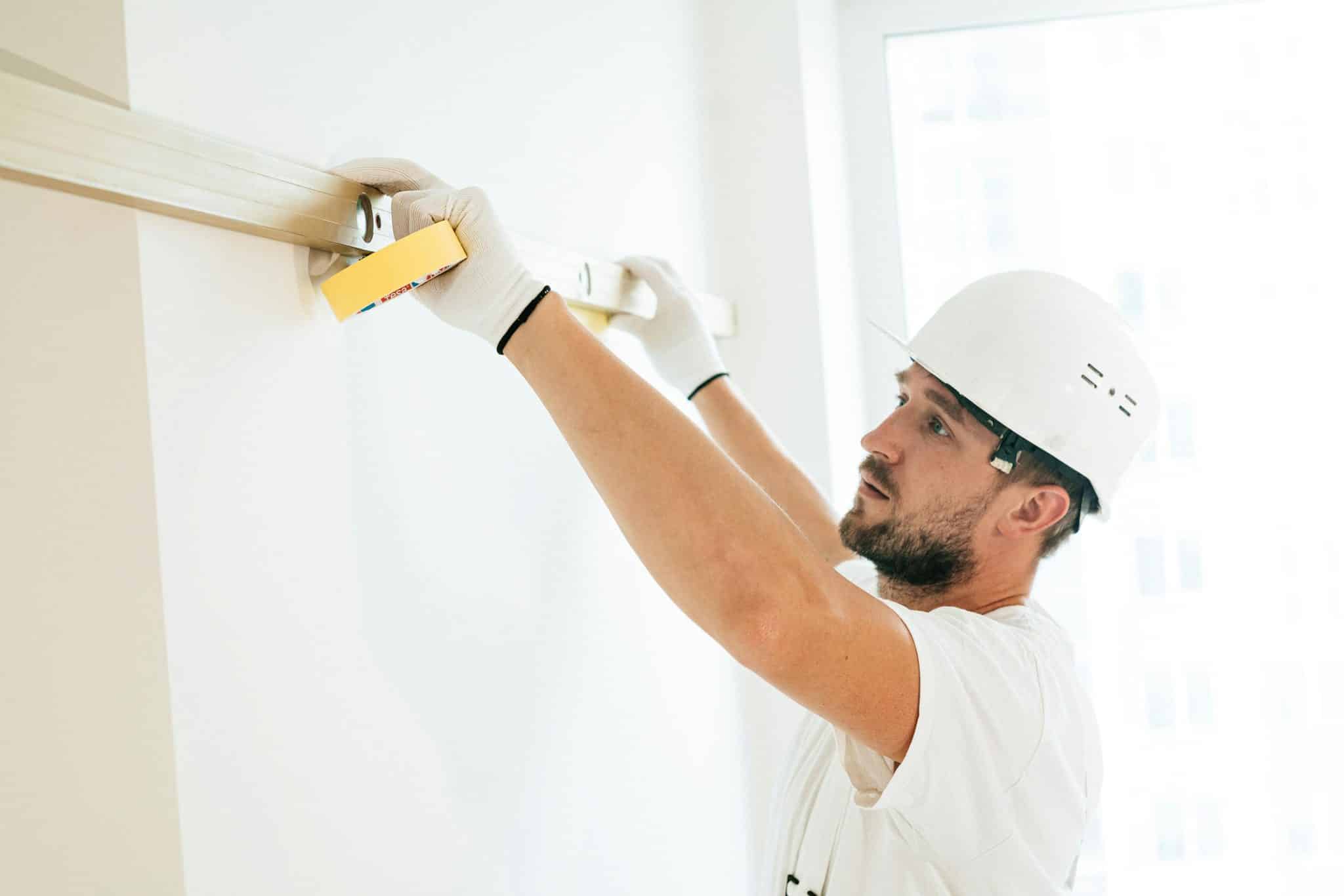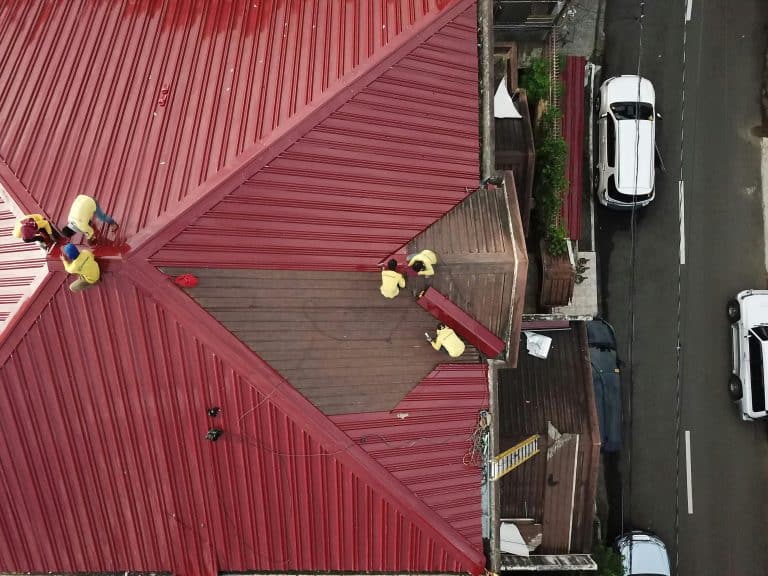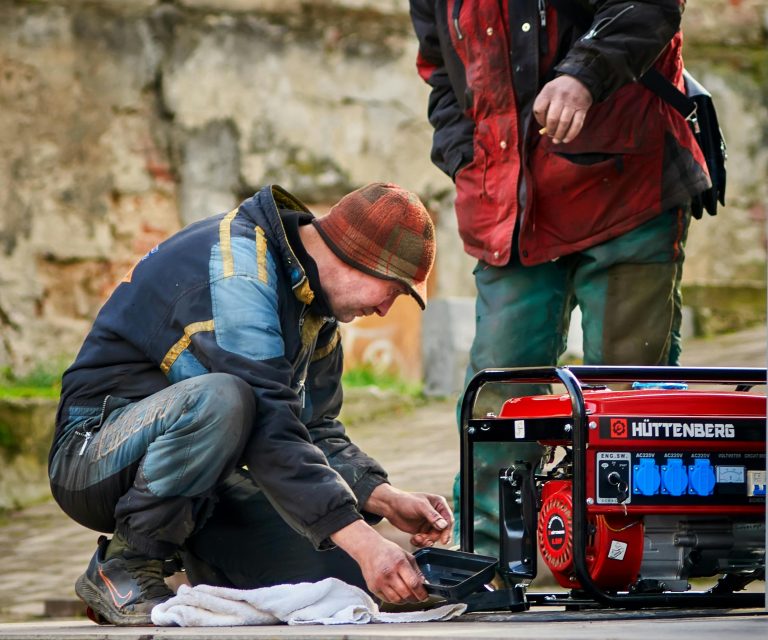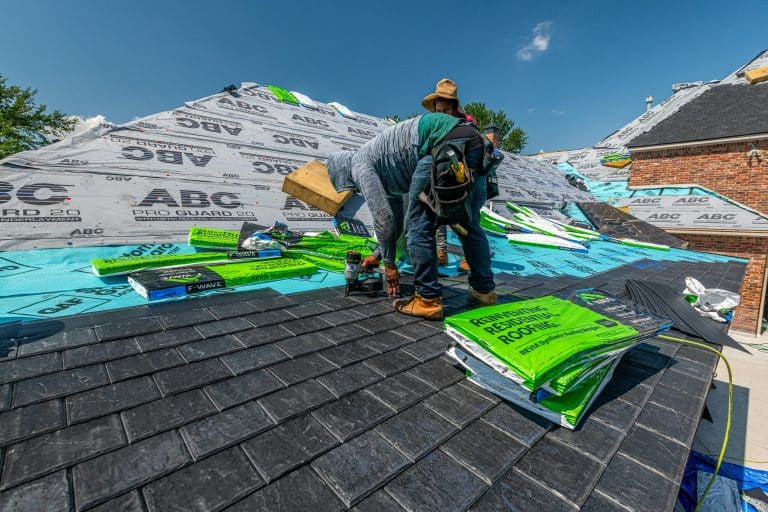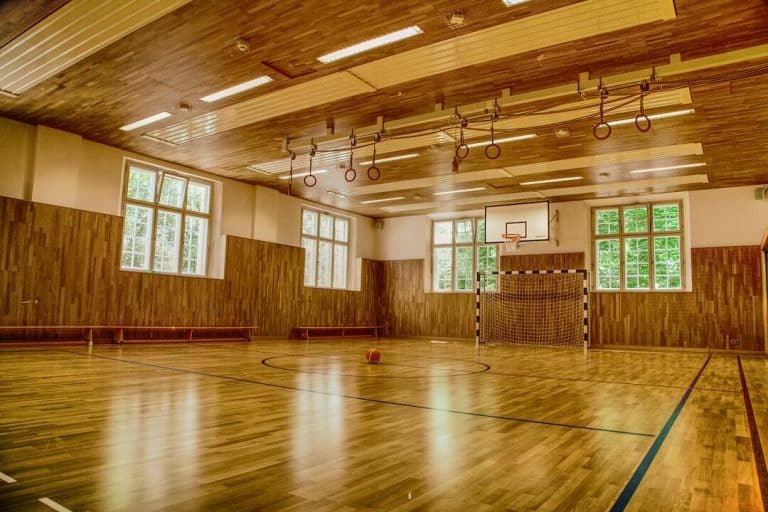How an HVAC Contractor Helps When Switching to a Ductless System
Upgrading or switching to a ductless heating and cooling system can be a transformative decision for homeowners. Unlike traditional HVAC systems that rely on extensive ductwork, ductless systems offer flexibility, energy efficiency, and precise climate control in each room. However, the installation and transition process can be complex, requiring careful planning, technical knowledge, and attention to detail. Homeowners may encounter questions about system sizing, placement, electrical requirements, and maintenance considerations. We will explore how an HVAC contractor plays a crucial role in making this transition smooth, efficient, and effective, ensuring that a ductless system delivers maximum comfort and long-term reliability for every household.
The Role of an HVAC Contractor in a Ductless System Switch
1. Assessment of Home Requirements and System Selection
Before any installation, an HVAC contractor in Benson AZ by Alpha Home Services conducts a thorough evaluation of the home. This includes measuring room dimensions, understanding insulation levels, identifying existing electrical capacities, and analyzing airflow requirements. A ductless system must be correctly sized to meet the cooling and heating needs of each space. Oversized or undersized units can lead to inefficiencies, uneven temperatures, and higher energy bills. Contractors provide guidance on the appropriate number of indoor units, their ideal placement for optimal air distribution, and the capacity of the outdoor condenser unit. They also help homeowners choose a system that fits their lifestyle, preferences, and energy goals, ensuring the investment is practical and sustainable.
2. Expert Installation and Precision Placement
Installing a ductless system is more than just mounting indoor units and connecting a condenser. It requires careful positioning to maximize comfort and efficiency while minimizing visual disruption in living spaces. An HVAC contractor ensures that indoor units are installed at the right height, orientation, and distance from obstacles to allow proper airflow. They handle the precise installation of refrigerant lines, electrical connections, and condensate drainage, which, if done incorrectly, can cause leaks, inefficiencies, or system damage. Contractors are trained to manage these technical details while maintaining safety and compliance with local building codes. Their experience reduces the likelihood of future problems and ensures the system operates as designed from the first day.
3. Integration with Existing Electrical Systems
Ductless systems often require dedicated electrical circuits or upgrades to accommodate new load requirements. A professional HVAC contractor evaluates the home’s current electrical setup to determine whether enhancements are needed. This includes checking circuit breakers, wiring capacity, and compatibility with the system’s power demands. Proper electrical integration is crucial for preventing system failures, tripped breakers, or electrical hazards. By handling the electrical aspects, contractors allow homeowners to enjoy reliable operation without the stress of managing complex installations themselves. This ensures that the new system operates efficiently and safely alongside other household appliances.
4. System Optimization and Zoning Guidance
One of the main advantages of ductless systems is the ability to create zones, allowing for independent temperature control in individual rooms. However, this feature requires thoughtful planning to prevent energy waste or discomfort. HVAC contractors advise on the number of zones, unit placement, and thermostat settings to strike a balance between comfort and efficiency. They provide insight into advanced features such as programmable schedules, remote operation, and energy-saving modes. By setting up zones effectively, contractors help homeowners maintain ideal temperatures while reducing energy consumption and costs. This guidance ensures the system’s full potential is realized, delivering a more comfortable and tailored home environment.
5. Maintenance Planning and Long-Term Support
Even after a ductless system is installed, ongoing maintenance is essential for keeping it running smoothly. HVAC contractors provide instructions on routine tasks such as cleaning filters, checking refrigerant levels, and inspecting electrical connections. They also offer service plans for professional inspections, preventive maintenance, and repairs, which can extend the lifespan of the system and prevent unexpected failures. Having access to a knowledgeable contractor ensures that homeowners can address issues quickly, minimize downtime, and maintain consistent performance. This support reduces long-term costs and helps sustain the energy efficiency and comfort benefits that motivated the initial switch to a ductless system.
6. Troubleshooting and Problem Resolution
Even high-quality ductless systems can experience operational issues over time, such as reduced cooling capacity, strange noises, or refrigerant leaks. HVAC contractors are trained to diagnose and resolve these problems efficiently. Their experience with ductless technology allows them to identify root causes, whether related to installation, system settings, or component wear. By addressing problems quickly and accurately, contractors prevent small issues from escalating into costly repairs or system replacements. This expertise provides homeowners with peace of mind, knowing that their investment is protected and that any disruptions to comfort can be resolved promptly.
7. Energy Efficiency and Cost Savings Advice
An HVAC contractor can also provide guidance on maximizing the energy efficiency of a ductless system. This includes recommendations on unit placement, insulation improvements, thermostat programming, and usage patterns. Efficient operation not only enhances comfort but also lowers utility bills and reduces environmental impact. Contractors can suggest complementary upgrades, such as sealing air leaks or installing smart home controls, to further optimize energy use. Their insights help homeowners strike a balance between comfort, sustainability, and financial efficiency, ensuring that the ductless system delivers long-term benefits that extend beyond immediate convenience.
Switching to a ductless heating and cooling system can significantly improve comfort, energy efficiency, and control within a home, but the process involves technical challenges and critical decisions. An HVAC contractor plays a vital role in guiding homeowners through each step, from evaluating needs and selecting the right system to precise installation, electrical integration, zoning, and maintenance planning. Their support ensures that the system performs reliably, efficiently, and safely while maximizing energy savings and comfort. By relying on professional guidance, homeowners can make the transition to a ductless system with confidence, enjoying long-term benefits without the stress of managing complex technical details independently.

